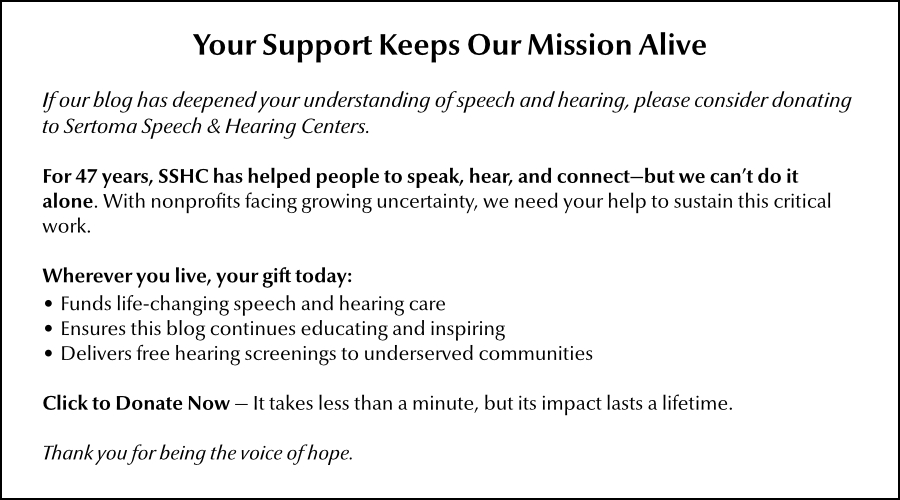The air you breathe might be harming your brain. A study in JAMA Neurology reveals that fine particulate air pollution increases your risk of dementia and accelerates Alzheimer's disease progression.
Why it matters
Cleaner air is crucial in fighting cognitive decline. New evidence shows that polluted air worsens the brain changes of Alzheimer's disease, causing more damage in as little as one year.
By the numbers
Researchers examined 602 brain autopsies over 23 years. They found that for every 1 unit increase in air pollution exposure, people had—
-
17% higher odds of severe brain protein buildup
-
20% higher odds of advanced tau tangles, the hallmark "knots" in Alzheimer's brains
-
19% higher odds of severe Alzheimer's brain changes
The big picture
This is the first study to connect air pollution to brain damage in Alzheimer's disease. Previous research only showed pollution increased dementia risk.
Now we know it worsens the disease.

A closer look
-
The study tracked fine particulate matter (PM2.5), which are tiny particles from car exhaust, industrial emissions, and wildfires that penetrate deep into your body.
-
Participants had a median exposure of 9.4 micrograms per cubic meter of air. Small increases above this level correlated with worse brain pathology.
The context
Over half of the study participants had severe Alzheimer's brain changes, with 71% showing advanced protein deposits. Pollution exposure worsened these changes, suggesting environmental factors accelerate disease progression.
Yes, but: The study has important limitations. Nearly 95% of participants were White, potentially limiting the findings' applicability to other populations. Researchers couldn't account for lifestyle factors like exercise, smoking, or alcohol use that might influence the results.
The challenge
Unlike uncontrolled genetic risk factors for Alzheimer's, air pollution is manageable through policy and personal choices. However, a person's efforts to mitigate air pollution are limited because air quality depends on broader regulations and industrial practices.
“This study shows that air pollution doesn’t just increase the risk of dementia — it actually makes Alzheimer’s disease worse. As researchers continue to search for new treatments, it’s important to uncover all of the factors that contribute to the disease, including the influence of the environment in which they live.” —Edward Lee, MD, PhD, co-director of the Institute on Aging at the Perelman School of Medicine, University of Pennsylvania
What to know
-
Improving air quality could be a practical intervention for brain health, potentially slowing Alzheimer's progression.
-
This new evidence supports clean air policies.
-
Air quality is a key factor in deciding where to live.


